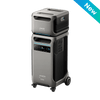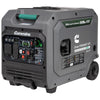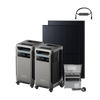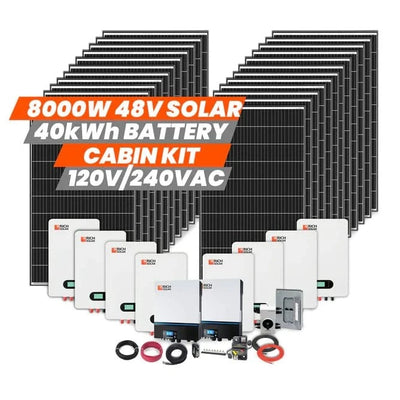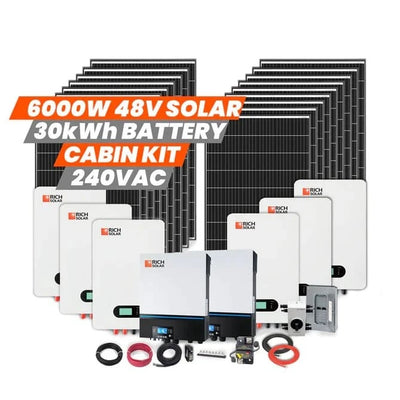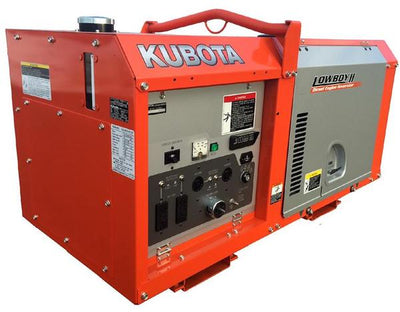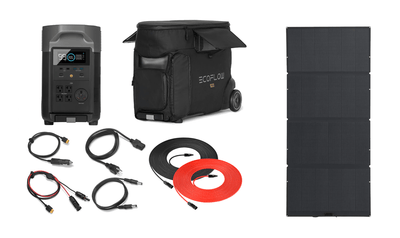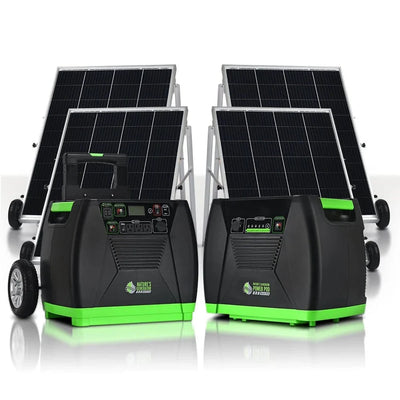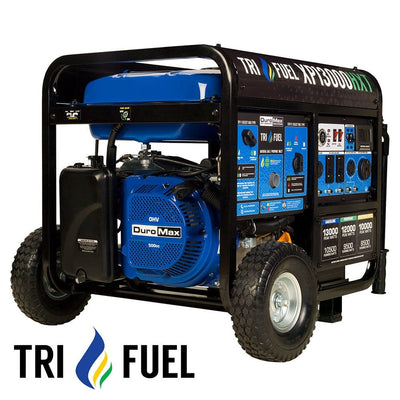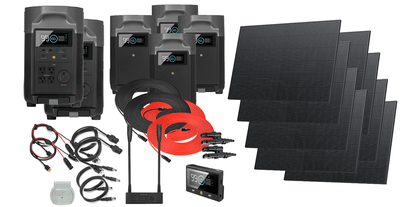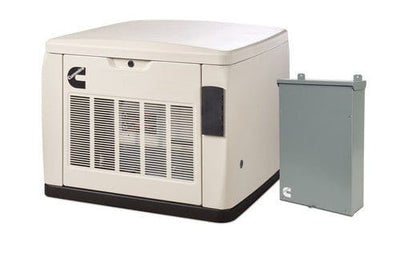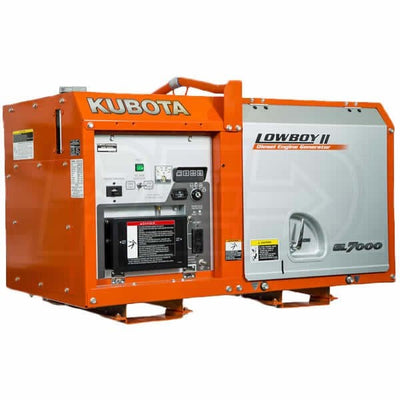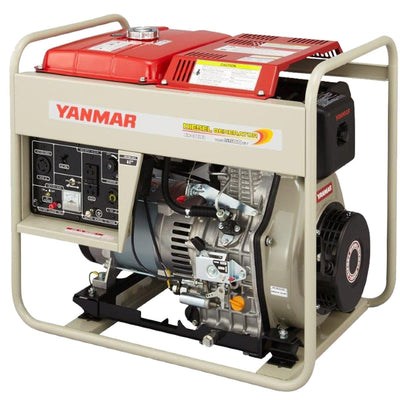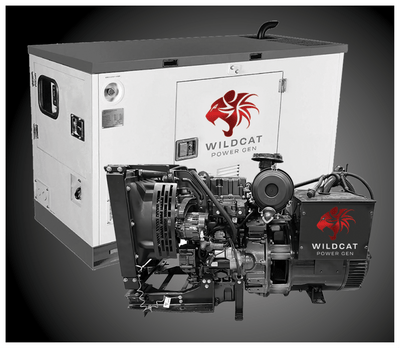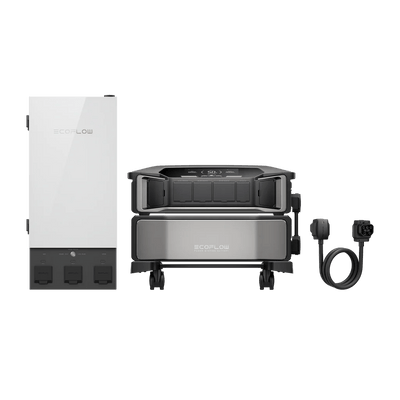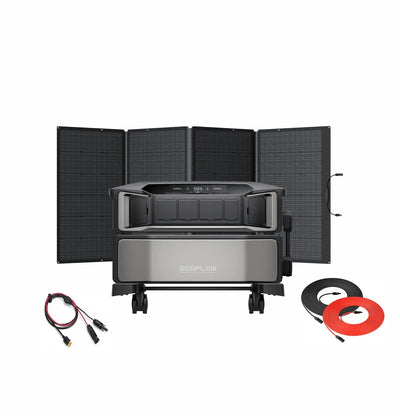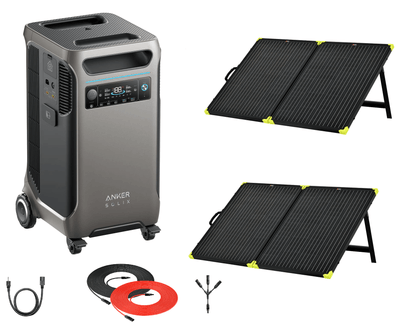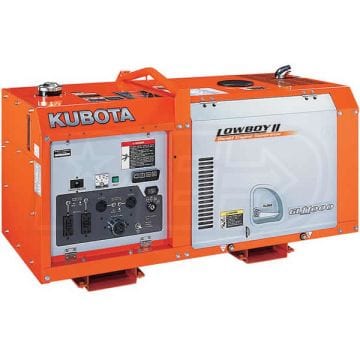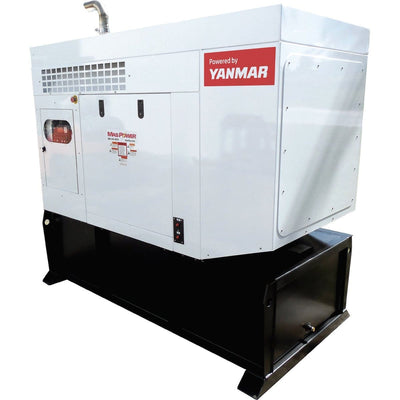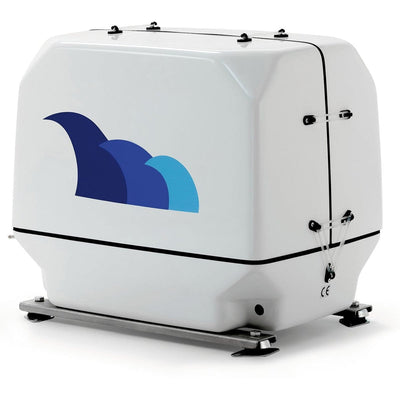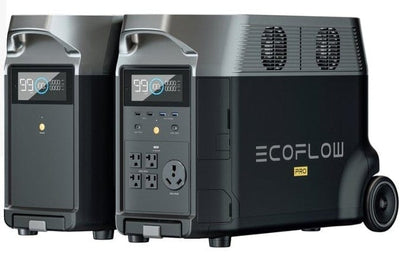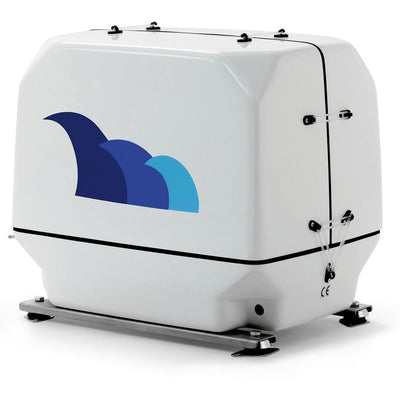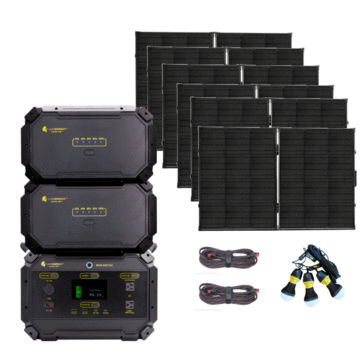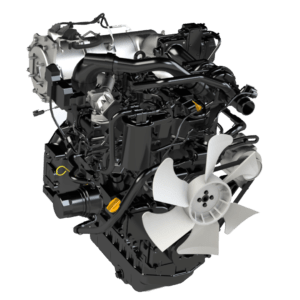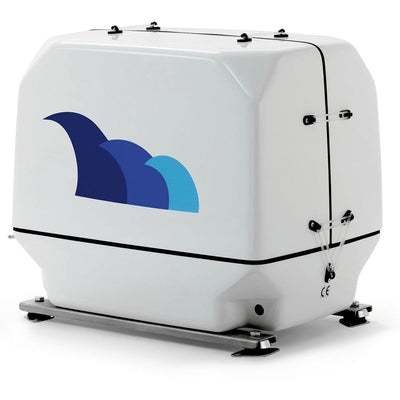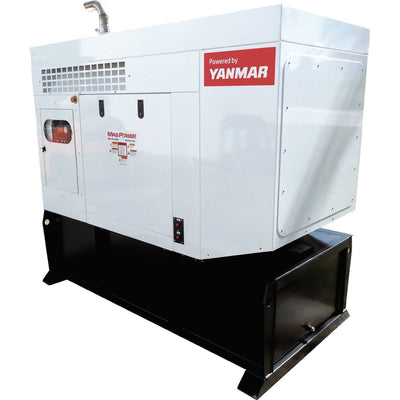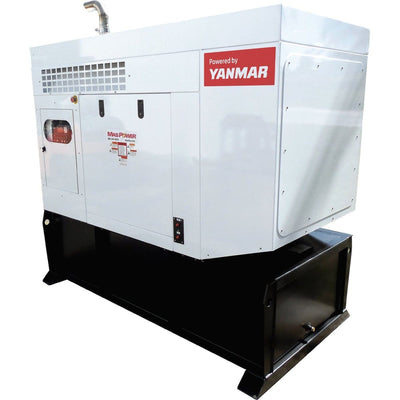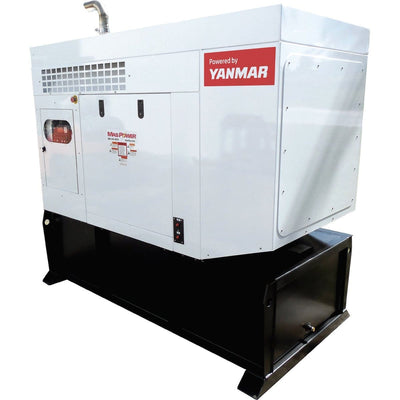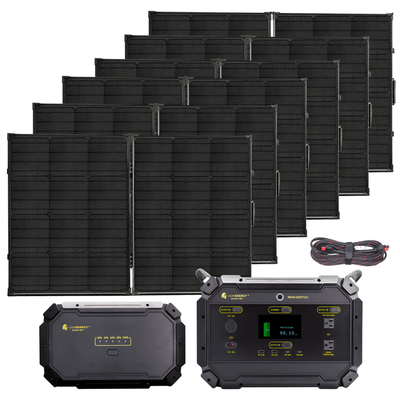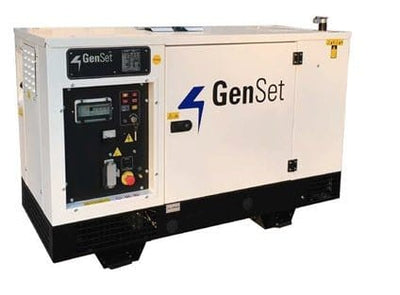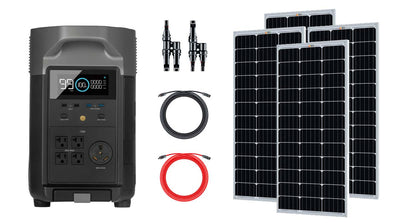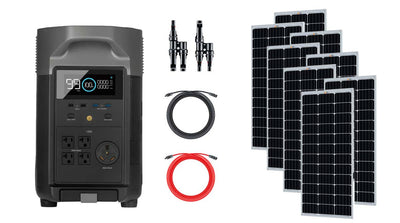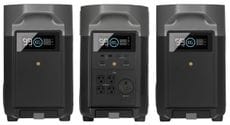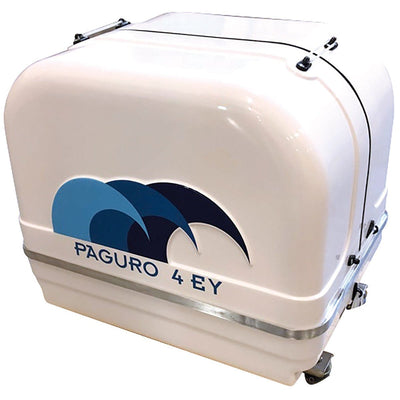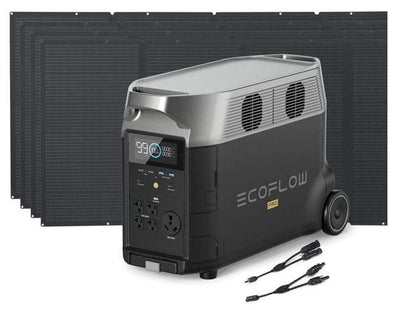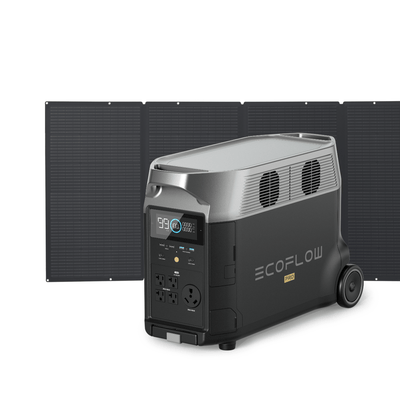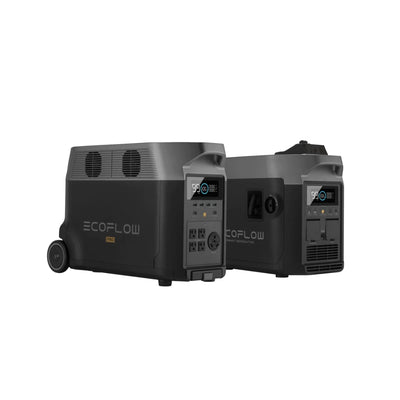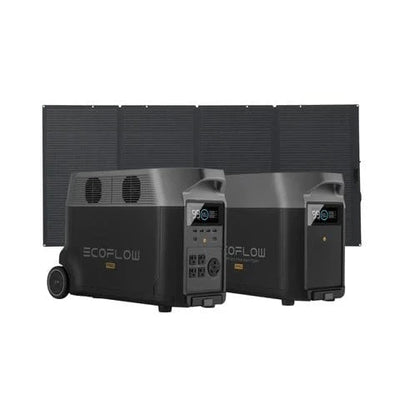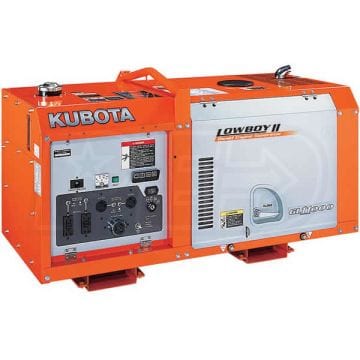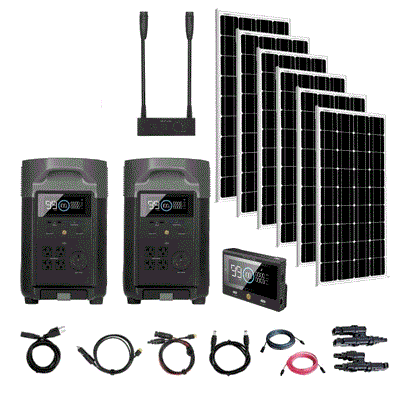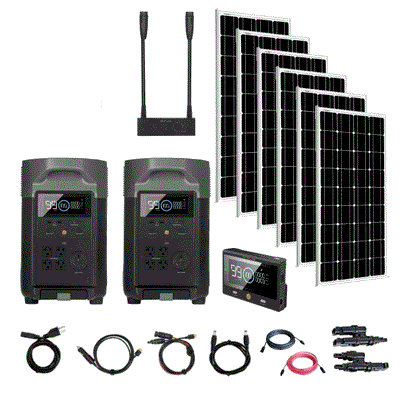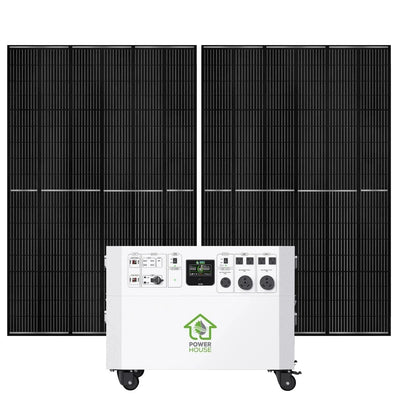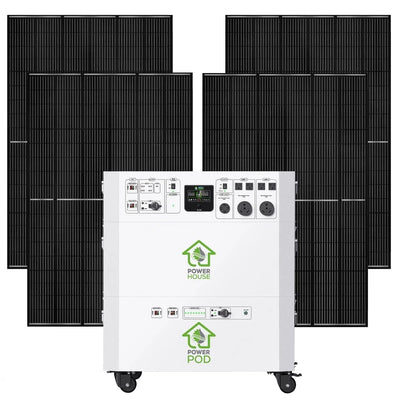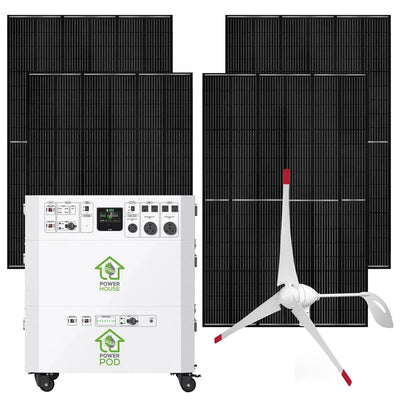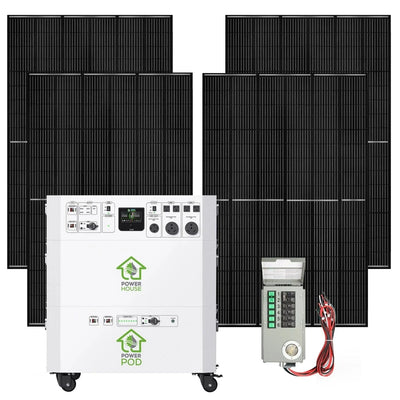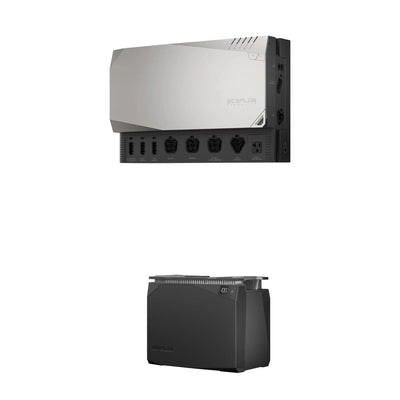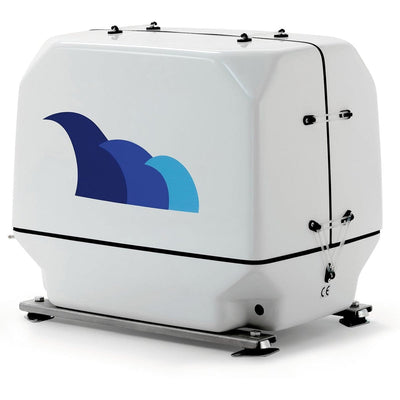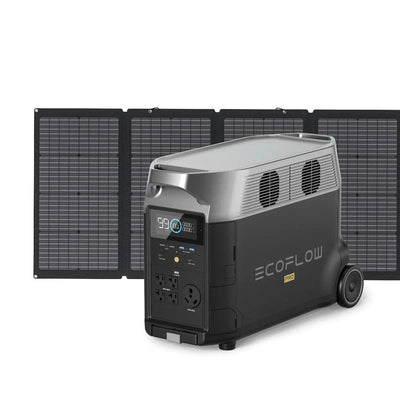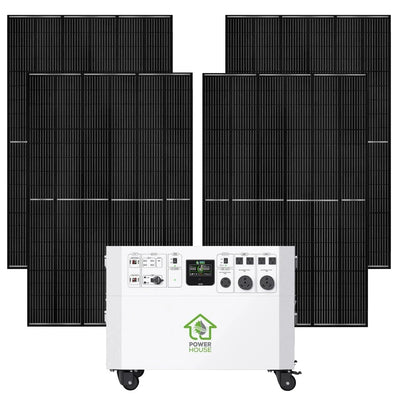The Ultimate Guide to Diesel Generators: Everything You Need to Know
Introduction: What Are Diesel Generators?
Diesel generators are an essential part of modern energy solutions. Whether you're running a business, building a home, or in charge of emergency preparedness, diesel-powered generators can provide reliable and consistent power in various scenarios. In this ultimate guide, we’ll dive into everything you need to know about diesel generators—from how they work to their applications, maintenance tips, and top brands.
What Is a Diesel Generator?
A diesel generator is a combination of a diesel engine and an electrical generator (alternator) used to generate electrical energy. It is widely used in both residential and commercial applications, often for backup power in case of utility outages or as a primary power source in off-grid locations.
Why Choose Diesel Generators?
When it comes to choosing a generator, diesel engines are often favored for their durability, fuel efficiency, and ability to provide reliable power. Here are a few reasons why diesel generators are a top choice:
-
Fuel Efficiency: Diesel engines are more fuel-efficient than gasoline engines, meaning they can produce more power per gallon of fuel.
-
Long-Lasting: Diesel generators typically have a longer lifespan, with proper maintenance, making them a cost-effective choice over time.
-
Lower Operating Costs: Diesel fuel is often cheaper than gasoline, and diesel engines tend to have lower operating costs due to their durability.
-
Better Performance in Harsh Conditions: Diesel generators perform better in extreme weather conditions, offering consistent output even in very hot or cold temperatures.
How Do Diesel Generators Work?
A diesel generator works by converting the energy produced by burning diesel fuel into electrical power. Here’s a step-by-step breakdown of how it works:
-
Fuel Intake: Diesel fuel is pumped into the engine from the fuel tank.
-
Combustion: The diesel engine compresses the fuel and air mixture. When the fuel ignites, it powers the engine.
-
Mechanical Energy Conversion: The engine’s mechanical energy rotates the alternator, which generates electricity.
-
Output: The electricity produced is directed to the electrical distribution system, where it powers your equipment or facility.
Applications of Diesel Generators
Diesel generators are versatile machines used in a wide range of applications. Here are some of the most common uses:
-
Backup Power for Homes & Businesses: In case of power outages, diesel generators ensure that homes and businesses continue running without interruption.
-
Remote Area Power Supply: Diesel generators are often used in remote areas where access to the power grid is limited or unavailable.
-
Industrial and Commercial Use: From construction sites to manufacturing plants, diesel generators are used to power heavy machinery and equipment.
-
Emergency Power Supply: Hospitals, data centers, and other critical facilities rely on diesel generators to ensure they have an uninterrupted power supply during emergencies.
Diesel Generator Sizes & Capacities
Choosing the right size diesel generator is critical for meeting your power needs. Diesel generators come in a variety of sizes, typically measured in kilowatts (kW) or megawatts (MW). Smaller generators might power a few appliances in a home, while larger generators are used to supply power to entire buildings or industries.
-
Small Diesel Generators (2 kW to 10 kW): Ideal for small businesses, homes, and recreational vehicles.
-
Medium Diesel Generators (10 kW to 100 kW): Suitable for larger businesses, construction sites, and small industries.
-
Large Diesel Generators (100 kW and above): Used for industrial applications, hospitals, and critical infrastructure that require a steady, large-scale power supply.
Factors to Consider When Choosing a Diesel Generator
Choosing the right diesel generator can be a complex decision. Here are key factors to consider:
-
Power Output: Ensure that the generator has enough power to meet your needs. Consider peak and running power requirements.
-
Fuel Efficiency: Look for a generator with a low fuel consumption rate to save on operating costs.
-
Noise Levels: Diesel generators can be noisy, so consider noise-reducing features, especially if it's being used in residential or urban areas.
-
Portability: If you need to move your generator between locations, portability and ease of transportation are key.
-
Maintenance Requirements: Some diesel generators require more frequent maintenance. Consider models with long intervals between servicing.
How to Maintain Your Diesel Generator
Regular maintenance is crucial for extending the lifespan and efficiency of your diesel generator. Here are some essential maintenance tips:
-
Check Oil Levels: Regularly monitor the oil levels and replace the oil according to the manufacturer's guidelines.
-
Inspect Air and Fuel Filters: Clean or replace air and fuel filters to ensure the engine runs smoothly.
-
Battery Maintenance: Check the battery regularly and keep it charged to avoid power failures.
-
Clean the Generator: Regularly clean the generator to prevent dust and debris buildup, which can affect performance.
-
Run the Generator Periodically: Even if you don’t need to use it, running the generator every few weeks helps keep the engine in good condition.
Diesel Generator Brands to Consider
Several brands are known for their high-quality diesel generators. Here are a few you should consider:
-
Cummins: A leading manufacturer of high-performance diesel generators with a global presence.
-
Kubota: Known for durable and reliable diesel generators used in both commercial and industrial settings.
-
Yanmar: Offers a range of small to medium-sized generators that are highly portable and reliable.
-
Wildcat: Provides compact and fuel-efficient diesel engines used in generators for various applications.
Conclusion: Is a Diesel Generator Right for You?
Diesel generators offer a reliable and cost-effective solution for a variety of power needs. Whether you need backup power for your home, a portable solution for a construction site, or a heavy-duty generator for industrial use, a diesel generator can provide the reliability and performance you need.
When choosing a diesel generator, consider factors such as power output, efficiency, maintenance, and your specific application needs. With proper maintenance, your diesel generator can provide years of reliable service.
Get Started with Diesel Generators Today
Ready to find the perfect diesel generator for your needs? Contact us today for more information, or browse our selection of top-quality diesel generators from leading brands.
SEO Keywords:
-
Diesel Generators
-
Diesel Generator Maintenance
-
Diesel Generator for Home Use
-
Diesel Generator Brands
-
Backup Diesel Generators
-
Power Solutions
-
Diesel Generator Fuel Efficiency
FAQs
1. How long do diesel generators last?
With proper maintenance, a diesel generator can last for 20-30 years. Regular servicing and oil changes can help extend its lifespan.
2. Can I use a diesel generator indoors?
Diesel generators should not be used indoors due to exhaust fumes. Always use them in well-ventilated areas or outdoors.
3. How often should I service my diesel generator?
It’s recommended to service your diesel generator every 100-250 hours of operation, depending on the manufacturer’s instructions.










